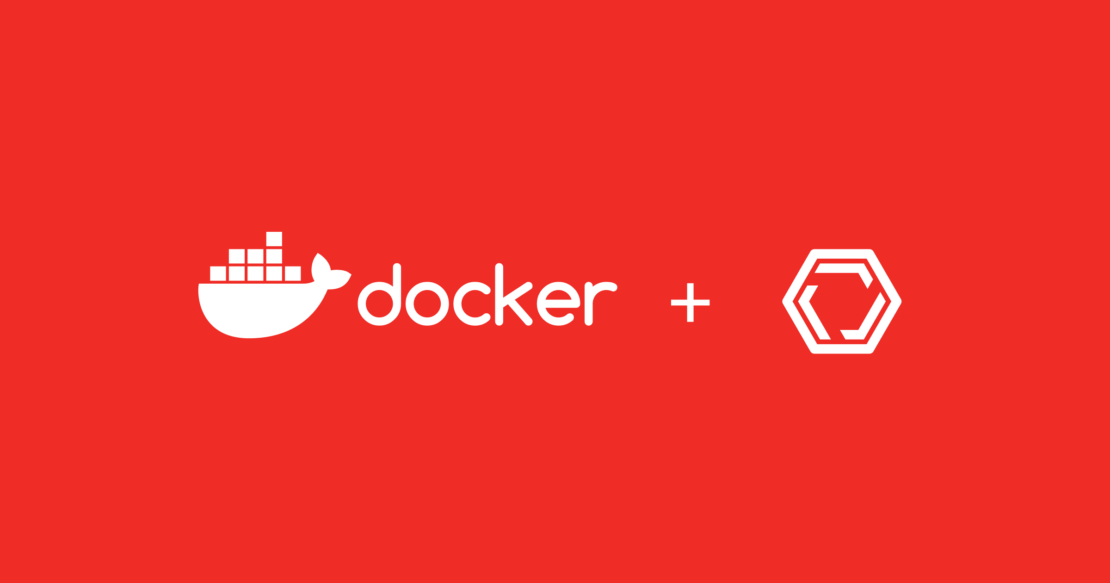I’m excited to announce that Docker, voted the most-used and most-desired tool in Stack Overflow’s 2023 Developer Survey, has acquired Mutagen IO, Inc., the company behind the open source Mutagen file synchronization and networking technologies that enable high-performance remote development. Mutagen’s synchronization and forwarding capabilities facilitate the seamless transfer of code, binary artifacts, and network requests between arbitrary locations, connecting local and remote development environments. When combined with Docker’s existing developer tools, Mutagen unlocks new possibilities for developers to innovate and accelerate development velocity with local and remote containerized development.
“Docker is more than a container tool. It comprises multiple developer tools that have become the industry standard for self-service developer platforms, empowering teams to be more efficient, secure, and collaborative,” says Docker CEO Scott Johnston. “Bringing Mutagen into the Docker family is another example of how we continuously evolve our offering to meet the needs of developers with a product that works seamlessly and improves the way developers work.”
The Mutagen acquisition introduces novel mechanisms for developers to extract the highest level of performance from their local hardware while simultaneously opening the gateway to the newest remote development solutions. We continue scaling the abilities of Docker Desktop to meet the needs of the growing number of developers, businesses, and enterprises relying on the platform.
“Docker Desktop is focused on equipping every developer and dev team with blazing-fast tools to accelerate app creation and iteration by harnessing the combined might of local and cloud resources. By seamlessly integrating and magnifying Mutagen’s capabilities within our platform, we will provide our users and customers with unrivaled flexibility and an extraordinary opportunity to innovate rapidly,” says Webb Stevens, General Manager, Docker Desktop.
“There are so many captivating integration and experimentation opportunities that were previously inaccessible as a third-party offering,” says Jacob Howard, the CEO at Mutagen. “As Mutagen’s lead developer and a Docker Captain, my ultimate goal has always been to enhance the development experience for Docker users. As an integral part of Docker’s technology landscape, Mutagen is now in a privileged position to achieve that goal.”
Jacob will join Docker’s engineering team, spearheading the integration of Mutagen’s technologies into Docker Desktop and other Docker products.
You can get started with Mutagen today by downloading the latest version of Docker Desktop and installing the Mutagen extension, available in the Docker Extensions Marketplace. Support for current Mutagen offerings, open source and paid, will continue as we develop new and better integration options.
FAQ | Docker Acquisition of Mutagen
With Docker’s acquisition of Mutagen, you’re sure to have questions. We’ve answered the most common ones in this FAQ.
As with all of our open source efforts, Docker strives to do right by the community. We want this acquisition to benefit everyone — community and customer — in keeping with our developer obsession.
What will happen to Mutagen Pro subscriptions and the Mutagen Extension for Docker Desktop?
Both will continue as we evaluate and develop new and better integration options. Existing Mutagen Pro subscribers will see an update to the supplier on their invoices, but no other billing changes will occur.
Will Mutagen become closed-source?
There are no plans to change the licensing structure of Mutagen’s open source components. Docker has always valued the contributions of open source communities.
Will Mutagen or its companion projects be discontinued?
There are no plans to discontinue any Mutagen projects.
Will people still be able to contribute to Mutagen’s open source projects?
Yes! Mutagen has always benefited from outside collaboration in the form of feedback, discussion, and code contributions, and there’s no desire to change that relationship. For more information about how to participate in Mutagen’s development, see the contributing guidelines.
What about other downstream users, companies, and projects using Mutagen?
Mutagen’s open source licenses continue to allow the embedding and use of Mutagen by other projects, products, and tooling.
Who will provide support for Mutagen projects and products?
In the short term, support for Mutagen’s projects and products will continue to be provided through the existing support channels. We will work to merge support into Docker’s channels in the near future.
Is this replacing Virtiofs, gRPC-FUSE, or osxfs?
No, virtual filesystems will continue to be the default path for bind mounts in Docker Desktop. Docker is continuing to invest in the performance of these technologies.
How does Mutagen compare with other virtual or remote filesystems?
Mutagen is a synchronization engine rather than a virtual or remote filesystem. Mutagen can be used to synchronize files to native filesystems, such as ext4, trading typically imperceptible amounts of latency for full native filesystem performance.
How does Mutagen compare with other synchronization solutions?
Mutagen focuses primarily on configuration and functionality relevant to developers.
How can I get started with Mutagen?
To get started with Mutagen, download the latest version of Docker Desktop and install the Mutagen Extension from the Docker Desktop Extensions Marketplace.
Quelle: https://blog.docker.com/feed/








